Nitrate Surface Water Monitoring
How do you monitor surface water nitrates to help protect our environment?How does nitrates effect our freshwater waterways?
There is major concern about the health of our freshwater rivers and aquifers and the role of intensive agriculture in climate change. Nitrogen can enter waterways as bought-in feed or as nitrogenous fertiliser. Plants take up the nitrogen, but there is more nitrogen in the grass than animals can use, so the excess is returned to the soil as urine, primarily in the ammonium form. Bacteria convert the ammonium nitrogen to nitrate-nitrogen which is highly soluble, this can easily run off into waterways around agriculture areas via surface water. Too much nitrogen in the water, when combined with phosphorus, can contribute to nuisance growth of waterweed and algae. This can make water unsuitable for drinking and eventually leads to polluted lakes, rivers and freshwater waterways.


How does nitrates effect our freshwater waterways?
There is major concern about the health of our freshwater rivers and aquifers and the role of intensive agriculture in climate change. Nitrogen can enter waterways as bought-in feed or as nitrogenous fertiliser. Plants take up the nitrogen, but there is more nitrogen in the grass than animals can use, so the excess is returned to the soil as urine, primarily in the ammonium form. Bacteria convert the ammonium nitrogen to nitrate-nitrogen which is highly soluble, this can easily run off into waterways around agriculture areas via surface water. Too much nitrogen in the water, when combined with phosphorus, can contribute to nuisance growth of waterweed and algae. This can make water unsuitable for drinking and eventually leads to polluted lakes, rivers and freshwater waterways.
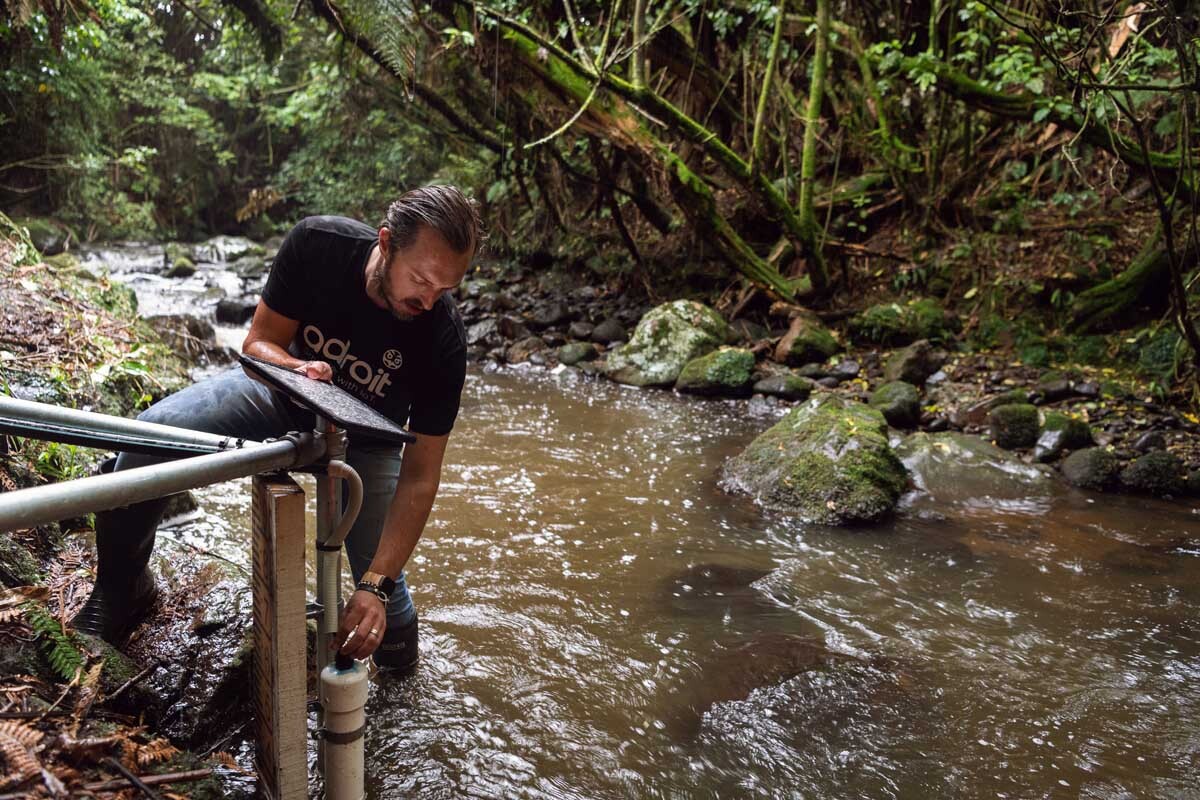
Accurate and reliable nitrate sensors create live data
New IoT technology, combined with low-energy connectivity and improved sensors has made remote continuous monitoring possible for waterways. It is an easy process to install new nitrate sensors in any body of water on an agricultural property, this includes ponds, lakes, streams and rivers.
The sensors immediately start reporting data to the Adroit Platform to give you continuous monitoring of nitrates in the waterways. You can monitor the effects of heavy rain, fertiliser phasing and stock levels. The challenge is using data to adapt and improve farming and business processes to reduce environmental impact, without reducing productivity. Rich data will play a key role in future decision making to improve waterway quality.
Nitrogen cycle
In order to grow, plants absorb naturally occurring nitrogen and nitrogen from fertilisation. Excessive application of mineral fertilisers and animal manure for farming disturbs this cycle. This results in water pollution and eutrophication (excess growth of weeds and algae that suffocates life in rivers and seas).
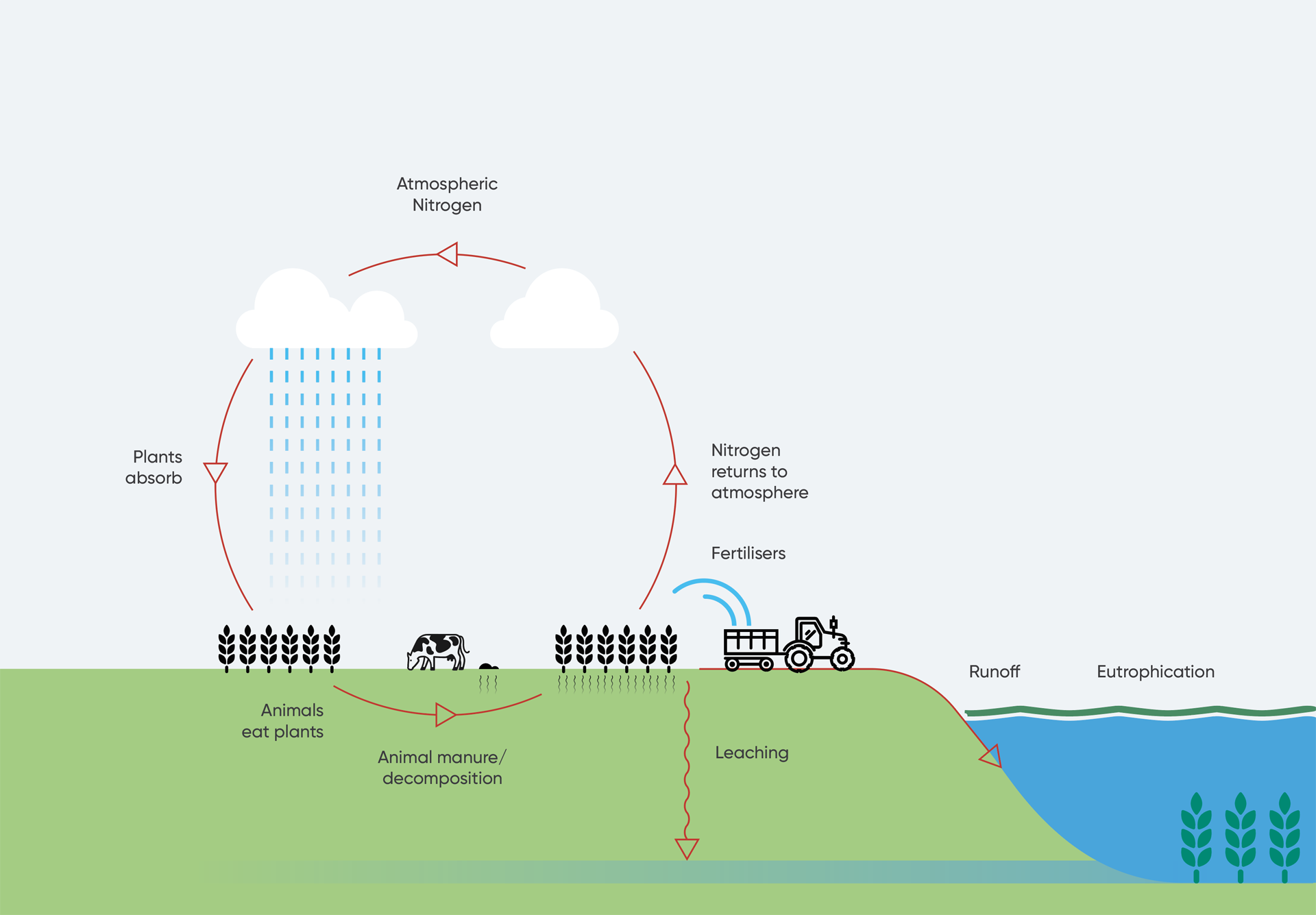
Adroit nitrate solutions are used for:

Lakes

Streams

Ponds
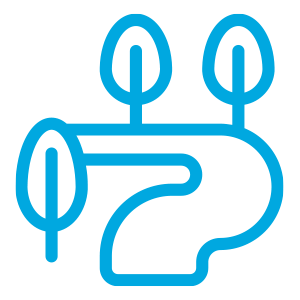
Rivers
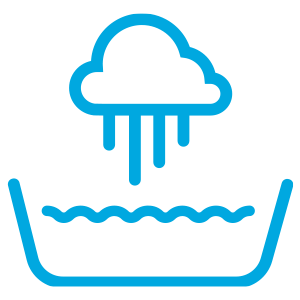
Catchments
Our most popular water monitoring kits
ADROIT UV NITRATE WATER MONITORING KIT
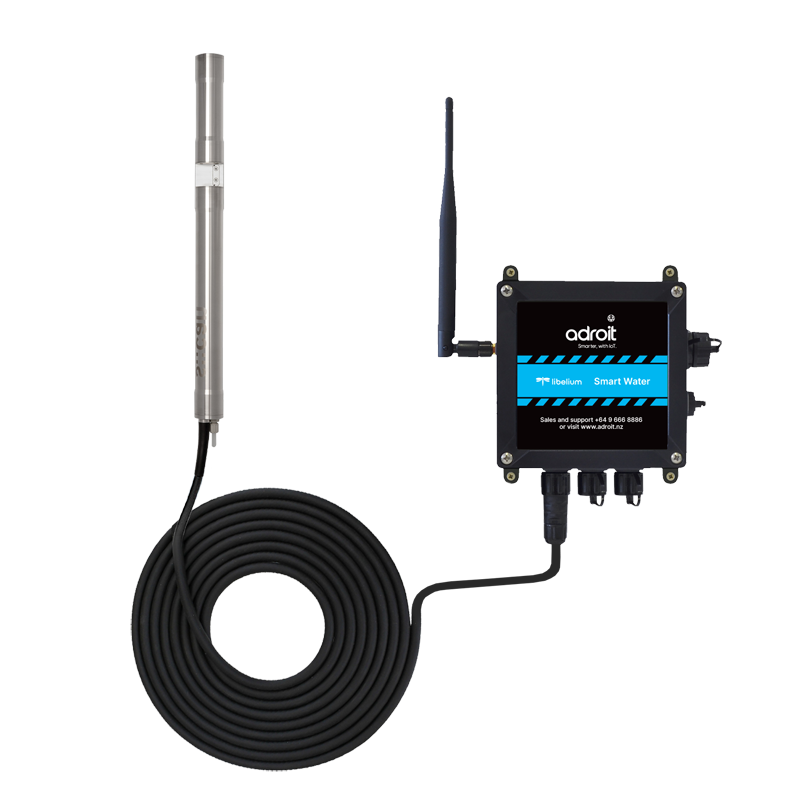
ADROIT PH/ORP, TURBIDITY SONDE WATER MONITORING KIT

For more information about Adroit nitrate monitoring solutions contact us now.
Latest blog posts
Spark completes acquisition of Adroit to boost its presence in environmental monitoring solutions
Spark completes acquisition of Adroit to boost its presence in environmental monitoring solutionsSpark New Zealand today announced it has signed a conditional agreement to acquire all of the remaining shares in leading environmental Internet of Things (IoT) provider...
NZ Construction News Worksite Watch
Over the past three years Adroit has been working hard breaking new ground in real-time monitoring for the construction sector. We’ve been busy developing an arsenal of IoT technology based solutions to bring to any worksite, including real-time measurement of vibration, dust, noise, weather, and construction runoff, and our recent addition of geotechnical sensors including bore level and slope stability monitoring.
How Can IoT Support Geotechnical Monitoring
The panel represented three of the most experienced practitioners working at the coal face of IoT Environmental Monitoring. Participants from a wide range of organisations tuned in to the discussion, asked questions and spent an hour immersing themselves in the topic.



